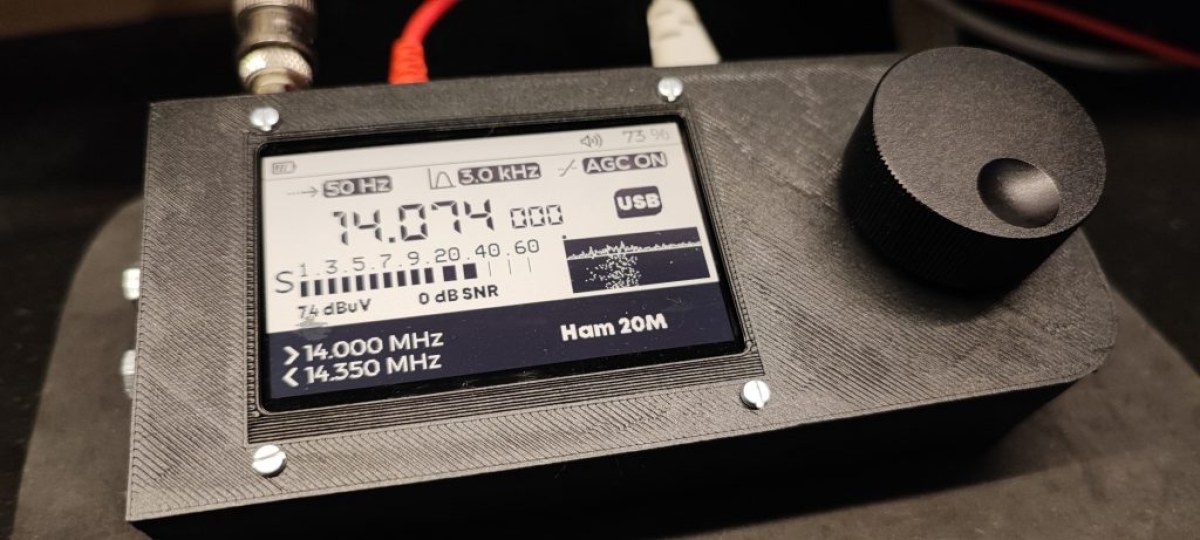
SI4732 Radio
Building a Compact Shortwave Radio with the SI4732 and ESP32-S2 Mini
joaquim.org | joaquim.pt | joaquim.eu
A place for prototypes, narratives, and projects that blend art, technology, and curiosity. Nothing standard, always in motion.
Post feed

Building a Compact Shortwave Radio with the SI4732 and ESP32-S2 Mini
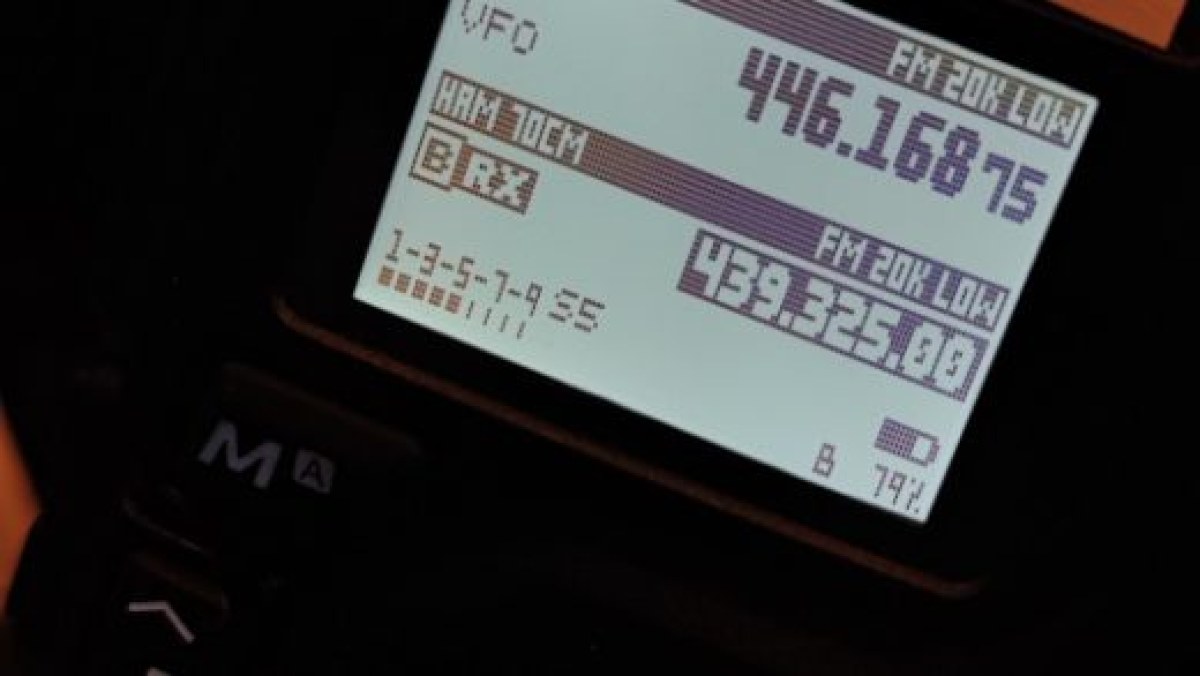
Open implementation of the Quansheng UV-K5/K6/5R firmware. This is my attempt to rewrite the firmware.
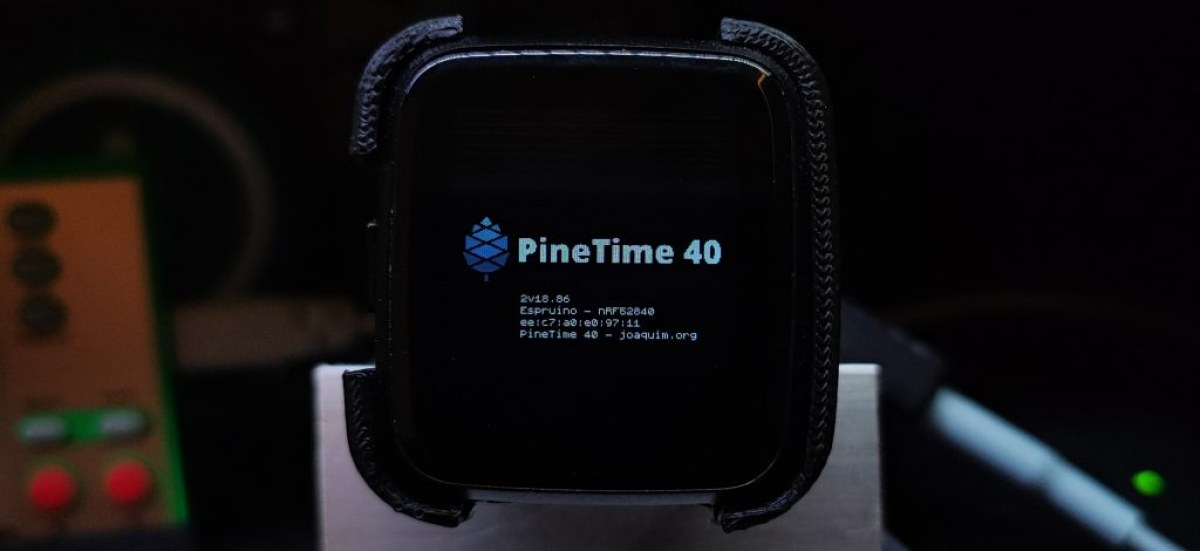
Espruino is a JavaScript interpreter for microcontrollers. It is designed for devices with as little as 128kB Flash and 8kB RAM.
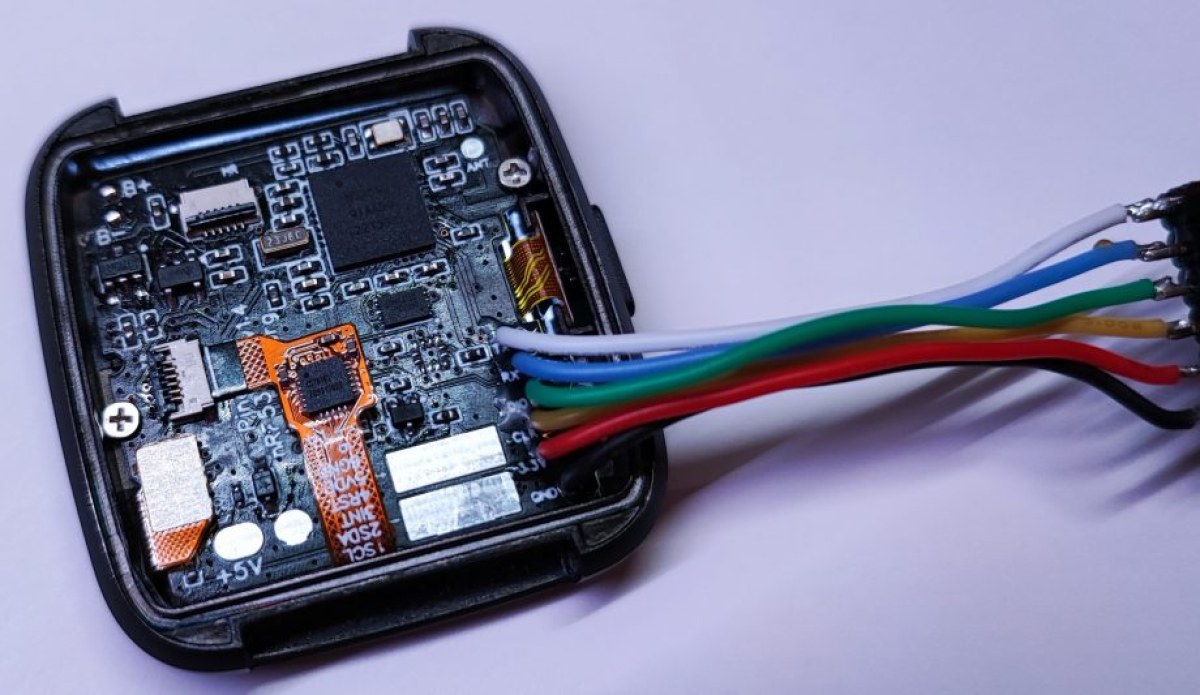
One of the main problems I found in PineTime was the lack of resources, essentially the amount of memory available, the Nrf52832 only has 64 Kb of Ram, and also the lcd refresh rate limited to 8Mhz, this limits the firmware development a bit.
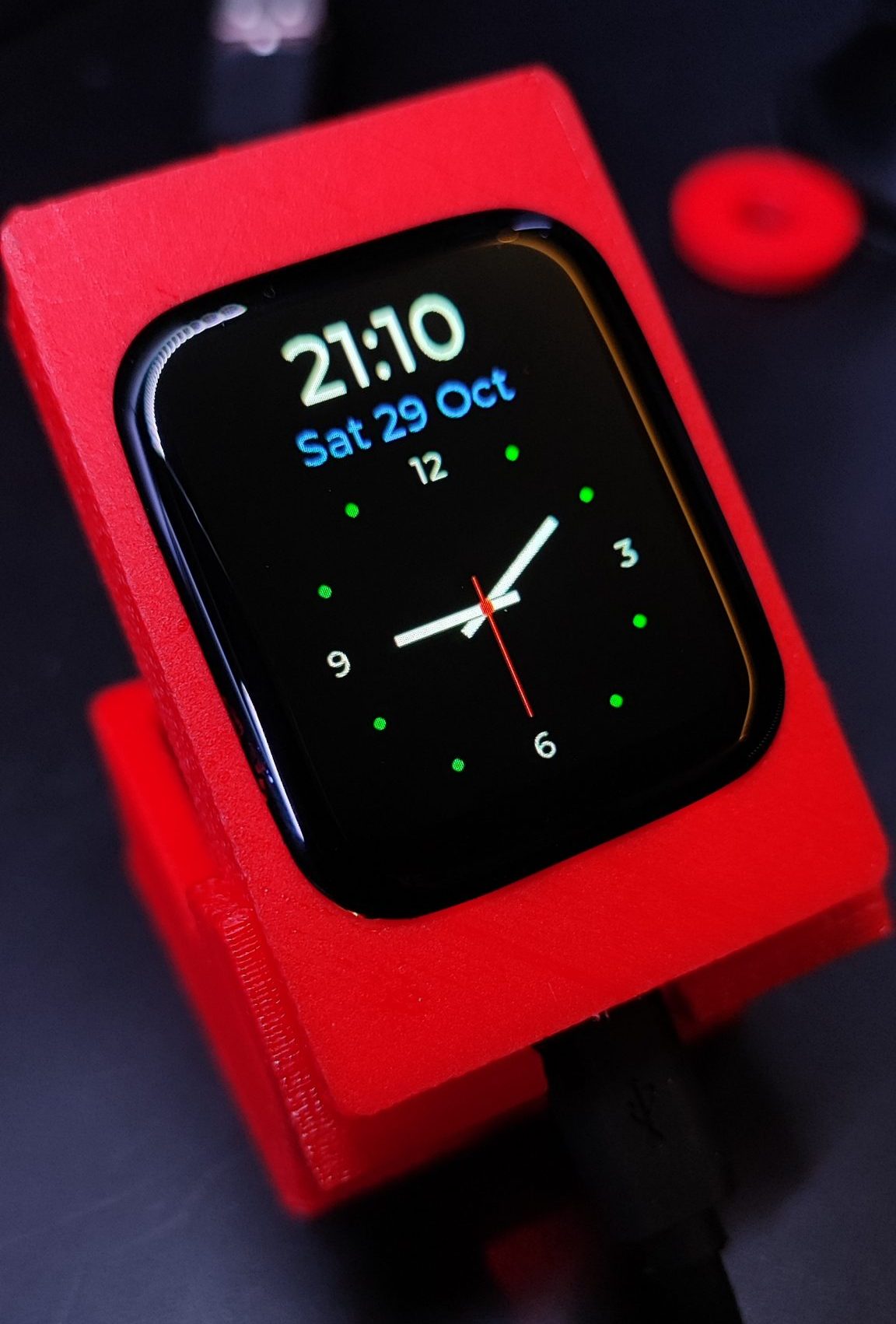
Cheap smartwatch to IOT Display
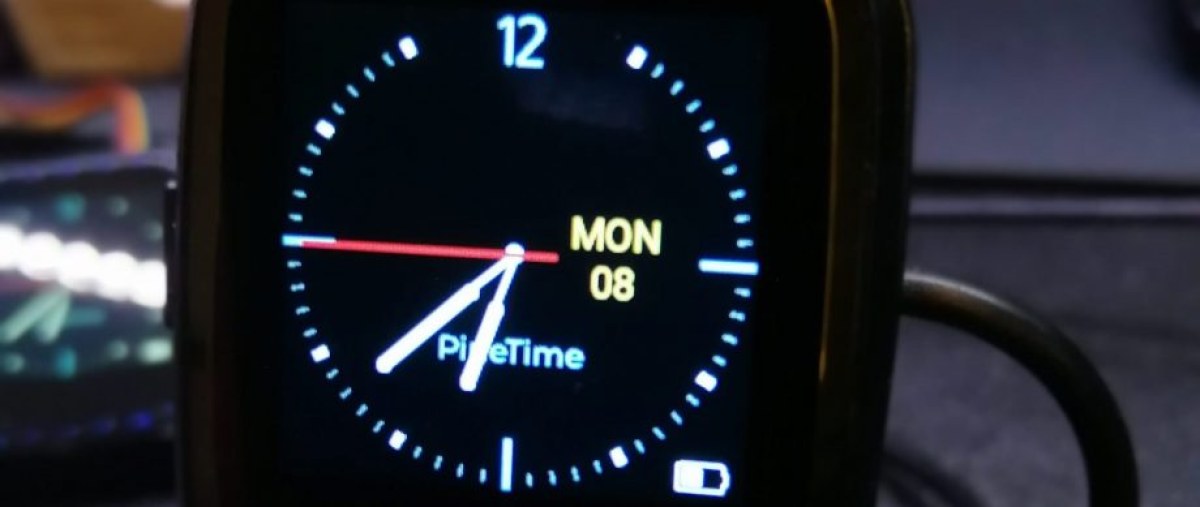
The PineTime is a free and open source smartwatch capable of running custom-built open operating systems.
Publications
























